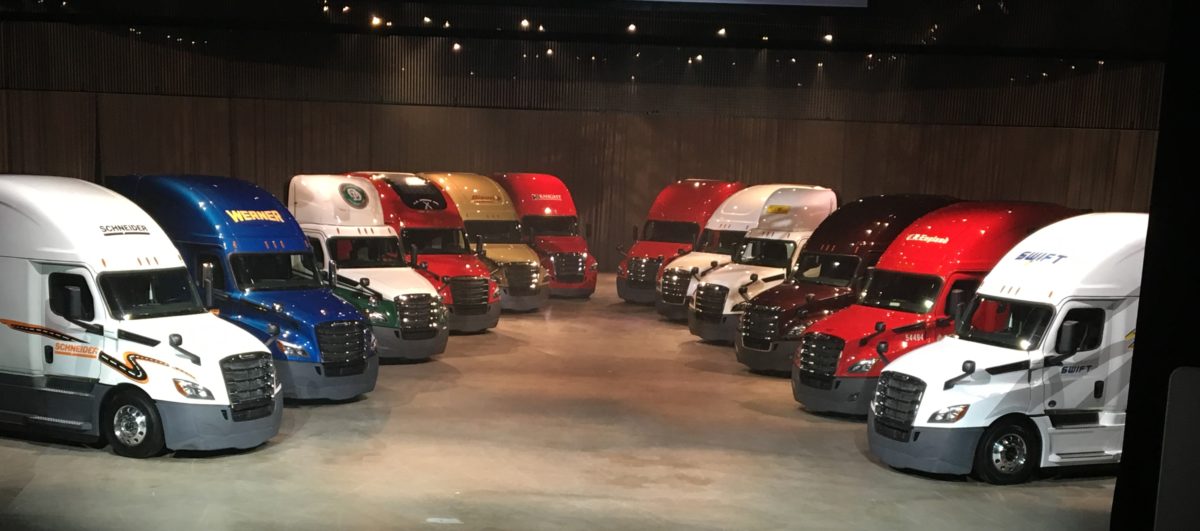Researchers at Fraunhofer ISE are investigating the use of solar PV to reduce fuel consumption in commercial vehicles, for example to power refrigerated vehicles. The ultimate aim of the research is to develop modules which can be integrated into the vehicles to supply power for driving or for other systems.
The research uses data gathered from irradiance sensors attached to commercial vehicles owned by logistics firm Dachser and haulage company Benzinger. A total of six 40 ton refrigerated trucks were equipped with irradiance sensors, and data were collected over a six month period as the vehicles travelled their standard routes across Europe and the U.S. This allowed Fraunhofer to create simulations with real life data, rather than relying on artificial weather data, as other research has done.
“In developing a solar-active vehicle shell, says Fraunhofer’s Matthieu Ebert, we want to make PV technology available to the logistics sector, and contribute to lowering the cost of logistics.”
Fraunhofer says that the results show that significant reductions in diesel consumption are possible, although heavily dependent on deployment regions and usage scenarios. The team at will carry on collecting data, and expect to be able to advise logistics companies on the economic viability of using PV in their vehicles.
Popular content
The institute is also working on custom modules designed for vehicle-integrated PV modules. These must be able to withstand the mechanical stresses inherent to transport, whilst being light and compact enough not to add a lot of weight to the vehicle, and therefore increase its fuel consumption, and to comply with traffic and vehicle height regulations.
Earlier in 2016, Toyota released its new Prius model, the first commercially available vehicle to offer the option for an integrated solar panel.
This content is protected by copyright and may not be reused. If you want to cooperate with us and would like to reuse some of our content, please contact: editors@pv-magazine.com.



By submitting this form you agree to pv magazine using your data for the purposes of publishing your comment.
Your personal data will only be disclosed or otherwise transmitted to third parties for the purposes of spam filtering or if this is necessary for technical maintenance of the website. Any other transfer to third parties will not take place unless this is justified on the basis of applicable data protection regulations or if pv magazine is legally obliged to do so.
You may revoke this consent at any time with effect for the future, in which case your personal data will be deleted immediately. Otherwise, your data will be deleted if pv magazine has processed your request or the purpose of data storage is fulfilled.
Further information on data privacy can be found in our Data Protection Policy.